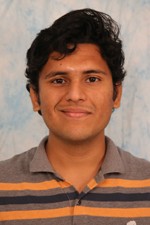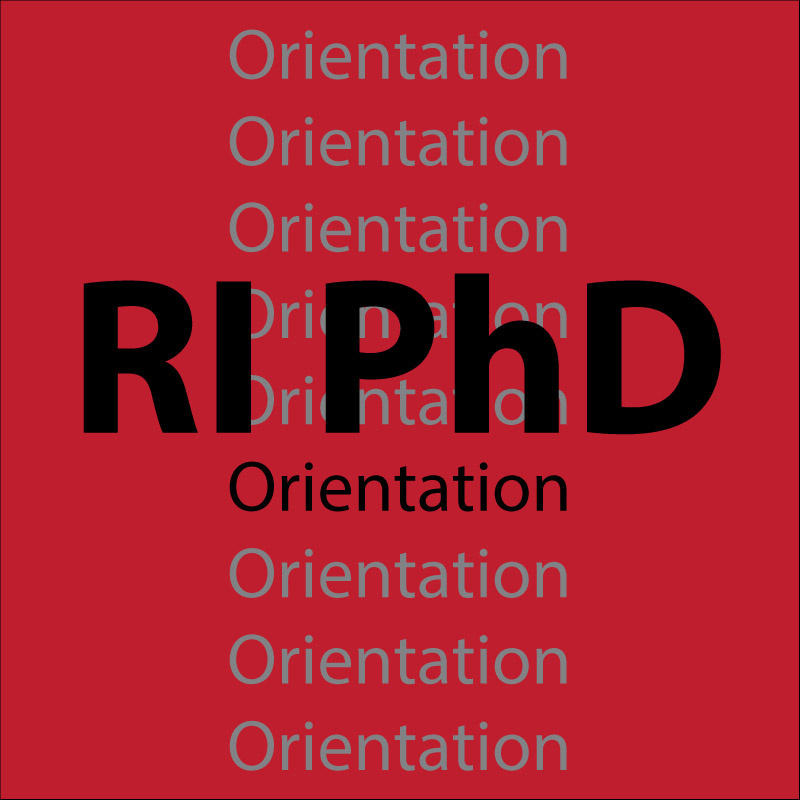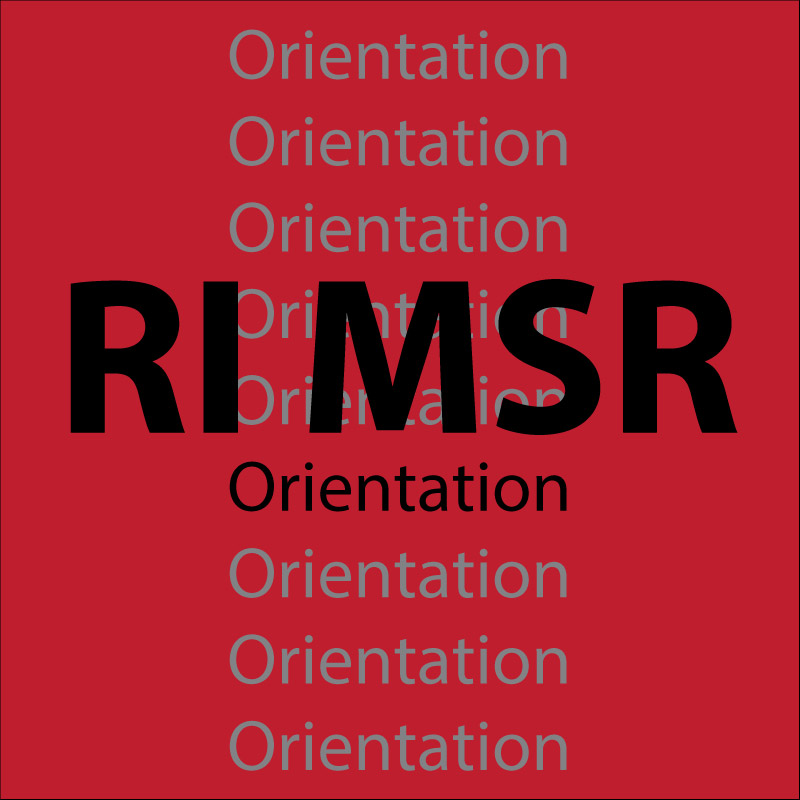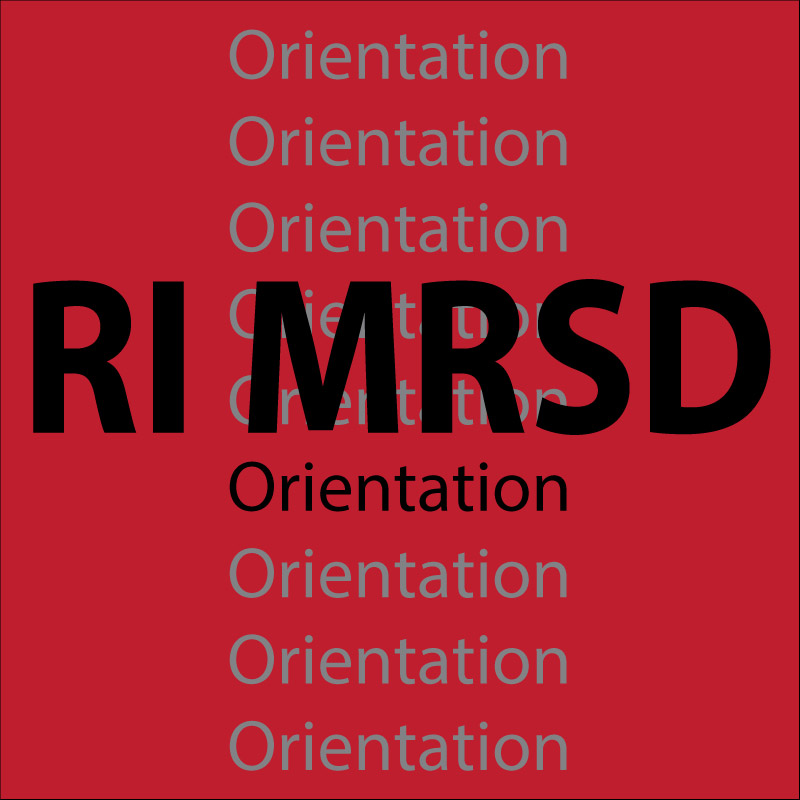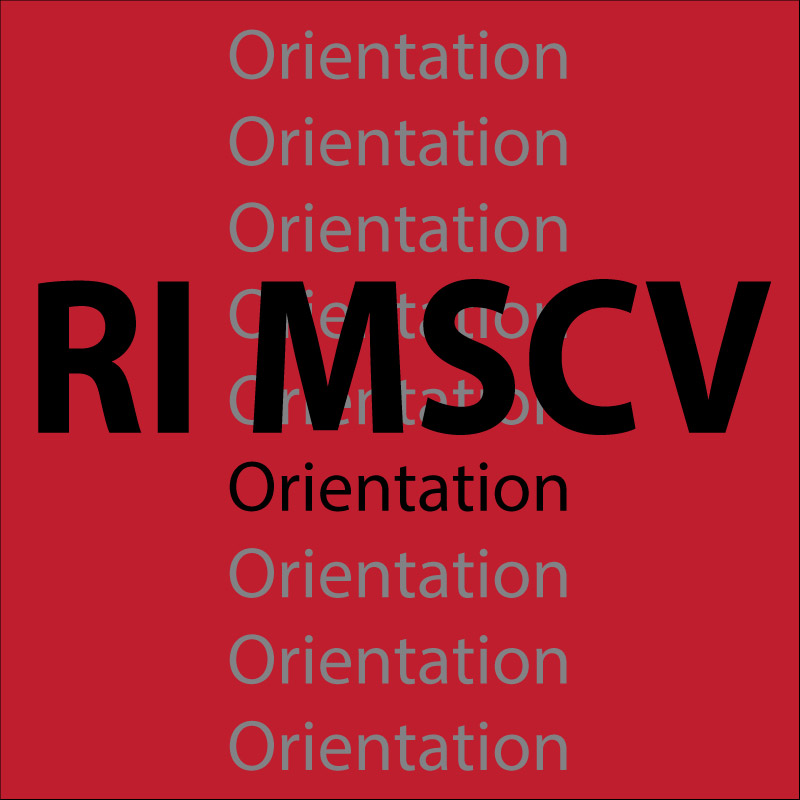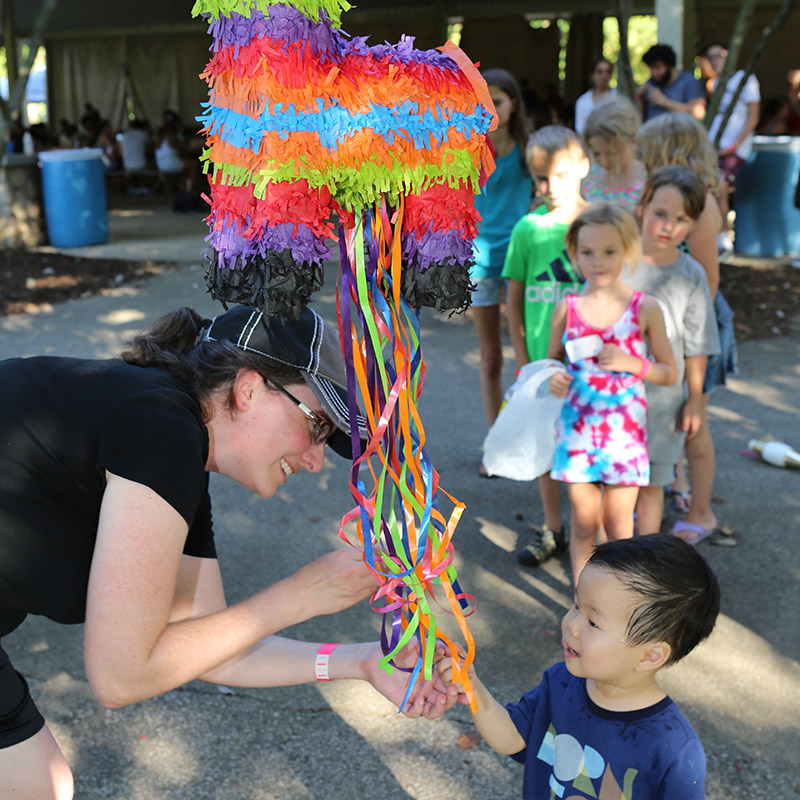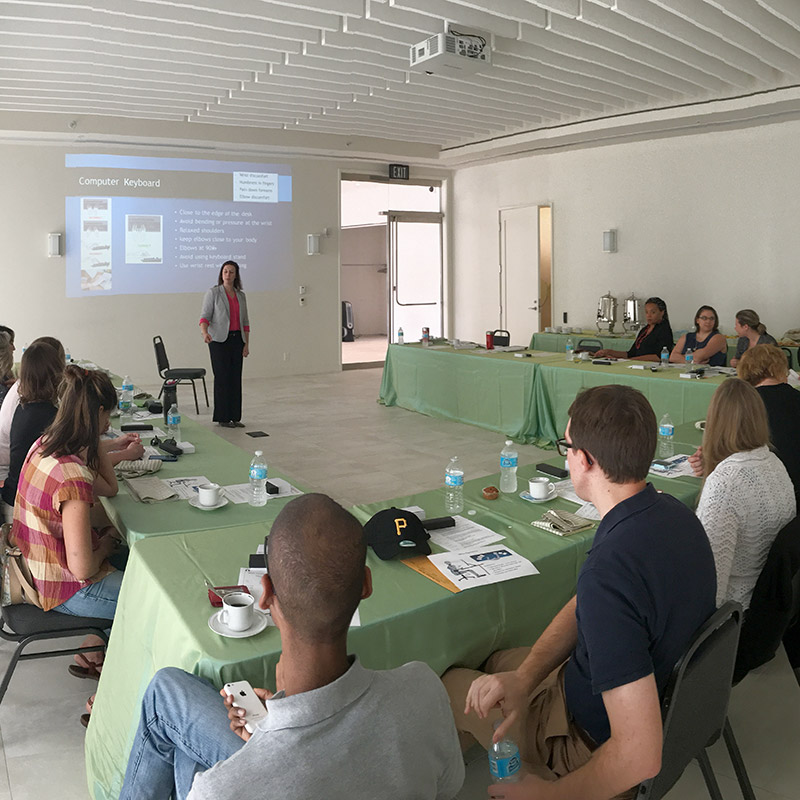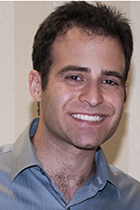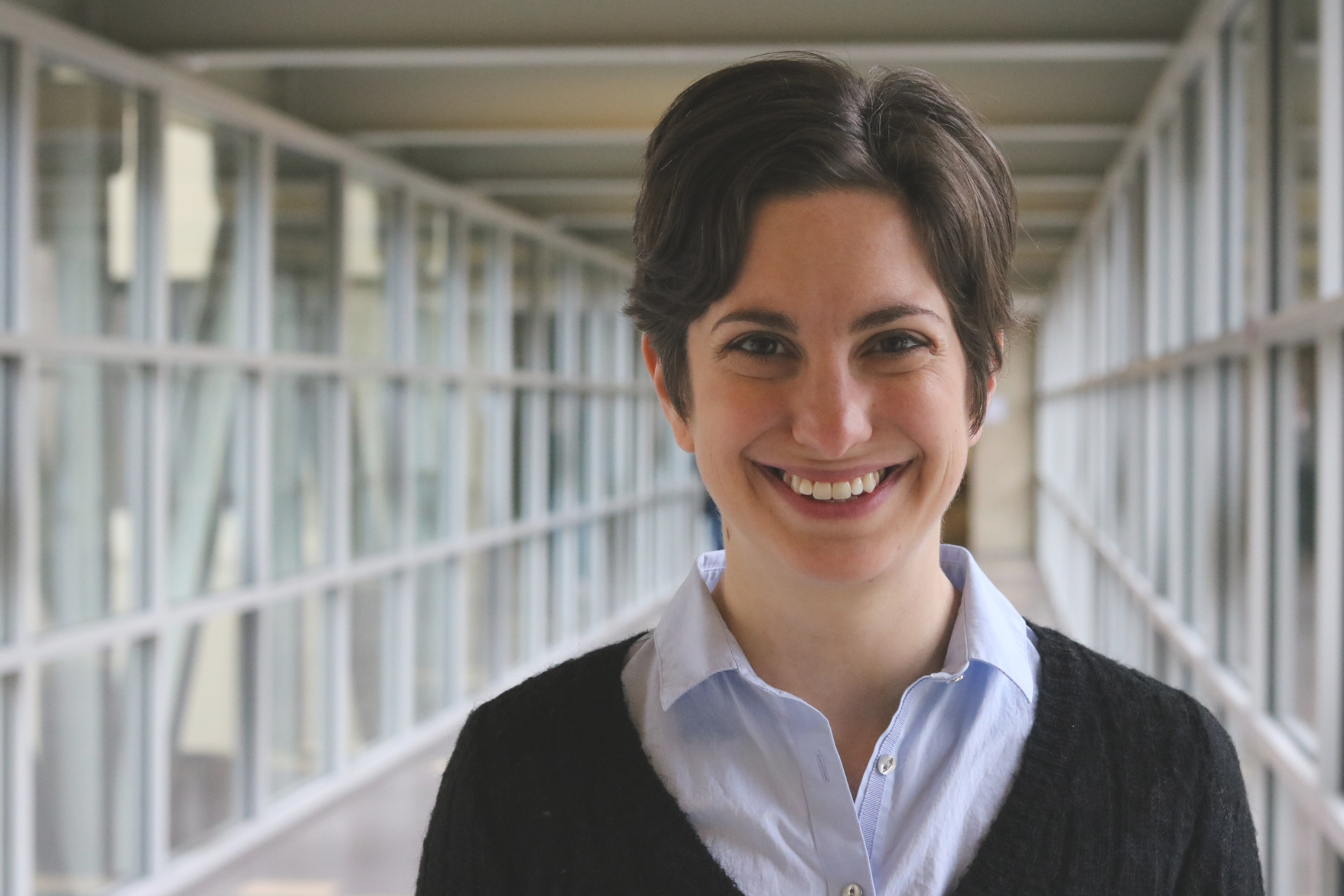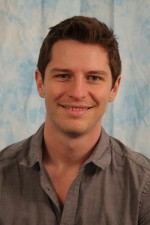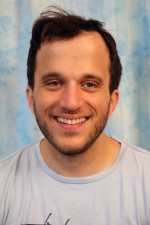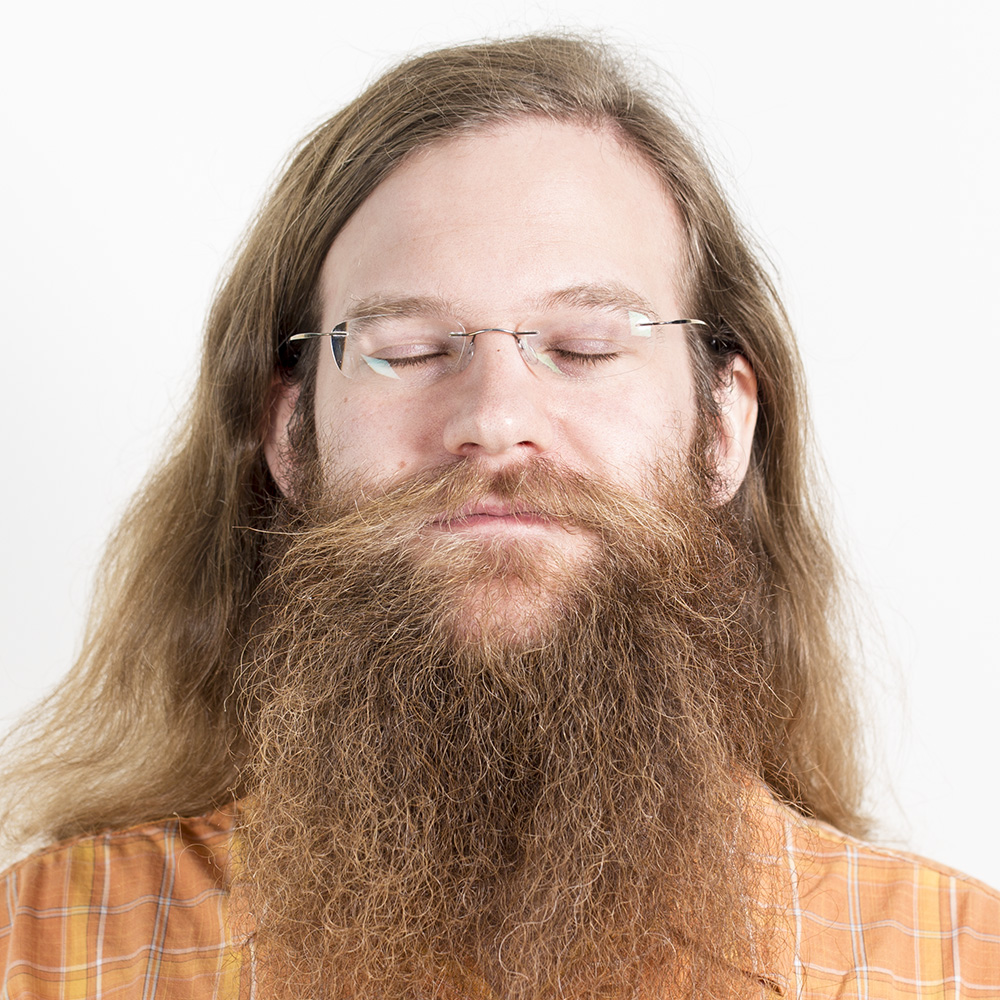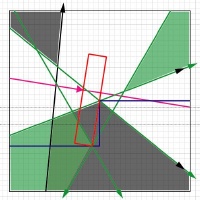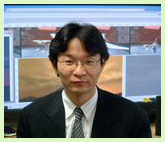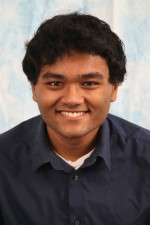Deliberative Perception
Abstract: A recurrent and elementary robot perception task is to identify and localize objects of interest in the physical world. In many real-world situations such as in automated warehouses and assembly lines, this task entails localizing specific object instances with known 3D models. Most modern-day methods for the 3D multi-object localization task employ scene-to-model feature [...]
Robotics Institute PhD Orientation
ROBOTICS 2017 ORIENTATION SCHEDULE
SCS Faculty Orientation
SCS Faculty Orientation
SCS Faculty Orientation
2017 Robotics Institute Picnic – location changed to Vietnam Veteran’s Pavilion @ Schenley Park
By Invitation Only - SOCIALIZE, EAT, DRINK & BE MERRY! It's that time of year again and all folks affiliated with the Robotics Institute are invited along with their families to the 2017 Robotics Institute Picnic. Please note our new location, date and time. Due to flooding at RiverPlex that has closed the park for [...]
Sven Koenig: Progress on Multi-Robot Path Finding
Abstract Teams of robots often have to assign target locations among themselves and then plan collision-free paths to their target locations. Examples include autonomous aircraft towing vehicles and automated warehouse systems. For example, in the near future, autonomous aircraft towing vehicles might tow aircraft all the way from the runways to their gates (and vice [...]
Robotics Institute Administrative Support Staff Monthly Lunch Meeting
By Invitation Only - All Robotics Institute administrative support staff are invited to join us for our monthly lunch meeting. Speaker/topic to be announced.
Robotics Institute Faculty Lunch
By Invitation Only - Robotics Institute Faculty Lunch - Please arrive by 11:45AM, talk will begin promptly at 12:00PM.
David Held: Robots Learning to Understand Environmental Changes
Abstract Robots today are typically confined to operate in relatively simple, controlled environments. One reason for these limitation is that current methods for robotic perception and control tend to break down when faced with occlusions, viewpoint changes, poor lighting, unmodeled dynamics, and other challenging but common situations that occur when robots are placed in the [...]
Software Development for Robotic Systems: some ideas about how to improve it
Event Location: NSH 1507Bio: Silvio joined the FRC group in 2012 and since then worked with several unmanned ground and aerial vehicles doing a lot of systems integration, testing and performance improvements. Before joining the FRC, he worked for several consumer electronics industries for more than 10 years developing embedded software using both conventional and [...]
Fusion of Cameras and Sparse Ranging Measurements in Multi‐agent SLAM
Abstract Cameras are widely used for localization and navigation in GNSS‐denied environments. By exploiting VSLAM (Visual Simultaneous Localization and Mapping) techniques, vehicles equipped with cameras are capable of estimating their own trajectories and simultaneously building a map of the surrounding environment. In many applications, multiple cooperative robotic agents (robotic swarms) are used in order to [...]
Toward Natural Interactions With Assistive Robots
Abstract Robots can help people live better lives by assisting them with the complex tasks involved in everyday activities. This is especially impactful for people with disabilities, who can benefit from robotic assistance to increase their independence. For example, physically assistive robots can collaborate with people in preparing a meal, enabling people with motor impairments [...]
Carnegie Mellon University
Compact Generative Models of Point Cloud Data for 3D Perception
Abstract: One of the most fundamental tasks for any robotics application is the ability to adequately assimilate and respond to incoming sensor data. In the case of 3D range sensing, modern-day sensors generate massive quantities of point cloud data that strain available computational resources. Dealing with large quantities of unevenly sampled 3D point data is [...]
Carnegie Mellon University
Mathematical Models of Adaptation in Human-Robot Collaboration
Abstract: While much work in human-robot interaction has focused on leader- follower teamwork models, the recent advancement of robotic systems that have access to vast amounts of information suggests the need for robots that take into account the quality of the human decision making and actively guide people towards better ways of doing their task. [...]
Multi-class Boosting in Computer Vision
Abstract: Boosting classifiers have been extensively used for learning multi-view single objects detectors (e.g. faces, cars or pedestrians) or in multiple object categories detectors. Object detection has been evolving from being specific for a given object category to multi-view or even being able to detect multiple categories at the same time. The usual framework for [...]
On-Demand Machine Knitting for Everyone
Abstract: Knitting machines are general-purpose fabrication devices that can robustly create intricate 3D surfaces from yarn by cleverly actuating thousands of mechanical needles. Knitting machines are an established feature of the textiles production landscape, in use today to make everything from socks to sweaters. However, the current design tools for machine knitting are sorely lacking [...]
The Critical Radius in Sampling-Based Motion Planning
Abstract ------------ Motion planning is a fundamental problem in robotics: allowing autonomous robots to efficiently navigate in environments cluttered with obstacles. Sampling-based algorithms, which were first described two decades ago, have made a great impact on the field of robotics by providing simple but highly-effective tools for motion planning. These techniques aim to capture the [...]
Staff Lunch
By Invitation Only - All Robotics Institute administrative support staff are invited to join us for our monthly lunch meeting. Cheryl will provide a brief update on the team reorganization.
Terrestrial and Extraterrestrial Robotics in the Age of Autonomy
Liam Pedersen leads the autonomous vehicle group at Nissan’s Research Center in Silicon Valley, focusing on the AI software for driverless operations in urban areas. Prior to this he worked on robotic systems for planetary exploration at NASA’s Ames Research Center in California. He holds a Ph.D. in robotics from Carnegie Mellon University, and is the recipient [...]
AI, Robotics, and Autonomous Vehicle Development at Ford Motor Company
Notice: The Location for these event has changed! The event will now take place in 6115 Gates Hillman Center. Education: Ph.D. in Physics, University of Michigan M.S. in Physics, Michigan State University B.S. in Physics & Mathematics, University of Wisconsin – River Falls Abstract: This presentation will highlight the history of autonomous vehicle development at [...]
Carnegie Mellon University
Learning to learn from simulation: Using simulations to expedite learning on robots
Abstract: Robot controllers, including locomotion controllers, often consist of expert-designed heuristics. These heuristics can be hard to tune, particularly in higher dimensions. It is typical to use simulation to tune or learn these parameters and test on hardware. However, controllers learned in simulation often don't transfer to hardware due to model mismatch. This necessitates controller [...]
Fun with Fluids
Abstract: Visual simulation of fluids has become an indispensable tool for computer graphics. Many fluid phenomena can be simulated by solving Navier-Stokes equations. In computer graphics, the NS equations are mostly used for simulating smoke, water and fire. However, it is useful for other different purposes. In this talk, we show our usage of [...]
Carnegie Mellon University
Training Strategies for Time Series: Learning for Prediction, Filtering, and Reinforcement Learning
Abstract: Data driven approaches to modeling time-series are important in a variety of applications from market prediction in economics to the simulation of robotic systems. However, traditional supervised machine learning techniques designed for i.i.d. data often perform poorly on these sequential problems. This thesis proposes that time series and sequential prediction, whether for forecasting, filtering, [...]
Panel Discussion: “Robotics, Pittsburgh and the End of Work”
As one of the test sites for Uber’s driverless cars, Pittsburgh is frequently hailed as a city of the future. And indeed, some economists predict that robots will outnumber human workers as early as 2040. At this panel will talk about how we can plan for this seismic change in our economy and way of [...]
Dinner Reception: “Robotics, Pittsburgh and the End of Work”
After the “Robotics, Pittsburgh and the End of Work” talk, head over the lounge outside of the Giant Eagle auditorium, A51 Baker Hall, for a dinner reception from 6-7 pm.
“Love Your Work”
Kathi Weeks is Professor of Women’s Studies at Duke University and writes about the intersection of feminism and labor. In her talk about anti-work politics in the age of “love your work,” Weeks Livingston argues for a Universal Basic Income (UBI) and a future in which we leave the Protestant work ethic behind.
